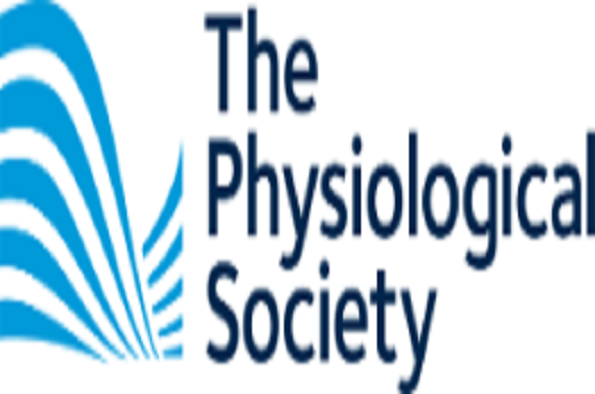
Mammary tissue morphogenesis by Integrins and Rac1
- Michelle Nelson
- Admission: Free
Add this event to my calendar
Click on "Create a calendar file" and your browser will download a .ics file for this event.
Microsoft Outlook: Download the file, double-click it to open it in Outlook, then click on "Save & Close" to save it to your calendar. If that doesn't work go into Outlook, click on the File tab, then on Open & Export, then Open Calendar. Select your .ics file then click on "Save & Close".
Google Calendar: download the file, then go into your calendar. On the left where it says "Other calendars" click on the arrow icon and then click on Import calendar. Click on Browse and select the .ics file, then click on Import.
Apple Calendar: The file may open automatically with an option to save it to your calendar. If not, download the file, then you can either drag it to Calendar or import the file by going to File >Import > Import and choosing the .ics file.
The Akhtar Lab focuses on how Rho family GTPases and cell-matrix adhesions regulate epithelial polarity and morphogenesis of normal breast tissue and how these signals are subverted in breast cancer. They are studying the mechanisms by which integrin signalling guides tissue morphogenesis at two levels: 1) how integrin adhesions influence epithelial cells to polarize and assemble correctly within tissues to form lumen spaces 2) how integrin mechanoforces engineer epithelial tissue shapes into tubes and alveoli which form the common units of internal organs. The mammary gland provides a useful model to uncover fundamental mechanisms of tissue morphogenesis. This tissue forms a network of branched ducts connected to alveoli with hollow lumens, similar to many other secretory organs. They use Cre-LoxP genetic deletion both in vivo and in primary 3D organoid cultures of mammary epithelia, to unravel the relative contribution of integrins and GTPases to mammary tissue organization and function.
This seminar will take place in the Physiology Seminar Room, Ground Floor, Nuffield Building and will be hosted by Dr Mark Morgan.
Coffee will be served from 12.30pm and the seminar will begin at 1.00pm.
